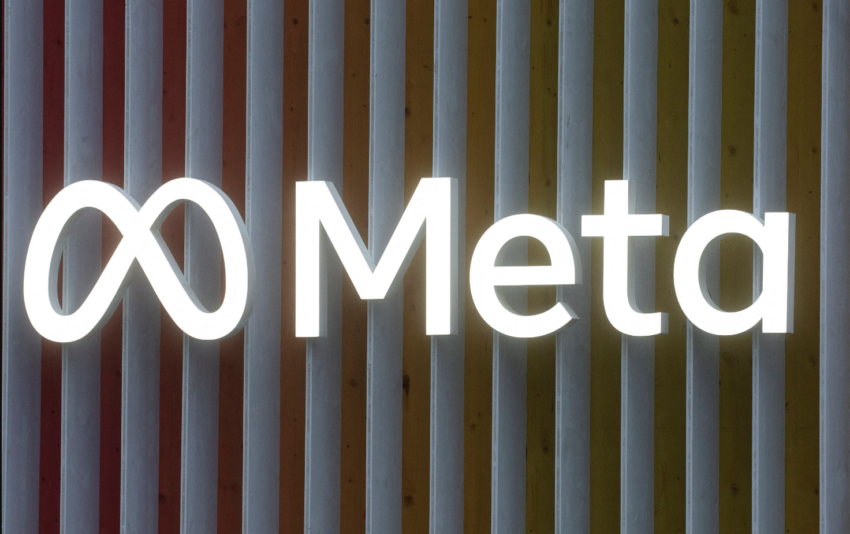Meta Platforms announced on Tuesday that it will provide researchers with access to components of a new “human-like” artificial intelligence model that, according to the company, can analyze and complete incomplete images with greater accuracy than existing models.
I-JEPA uses preexisting knowledge about the world to fill in missing parts of images, as opposed to other generative AI models that only consider adjacent pixels, according to the company.
This strategy incorporates the type of human-like reasoning advocated by Meta’s top AI scientist Yann LeCun and enables the technology to avoid common AI-generated image errors, such as hands with additional digits, according to the report.

‘Human-like’ artificial intelligence image creation model
The internal research center of Facebook and Instagram owner Meta is a prolific publisher of open-source AI research. Mark Zuckerberg, the chief executive officer of Facebook, has stated that sharing models developed by Meta’s researchers can benefit the company by fostering innovation, identifying safety breaches, and reducing costs.
“For us, it’s much better if the industry standardizes on the fundamental tools that we use,” he told investors in April. “That way, we can benefit from the enhancements that others make.”
The company’s executives have disregarded warnings from others in the industry about the potential dangers of the technology, declining to sign a statement endorsed by top executives from OpenAI, DeepMind, Microsoft, and Google that equated its risks with pandemics and conflicts last month.
Lecun, one of the “godfathers of AI,” has agitated against “AI doomsday” and advocated for the incorporation of safety measures into AI systems.
Meta is also beginning to integrate generative AI features into its consumer products, such as ad tools that can generate image backgrounds and an Instagram product that can modify user photographs based on text cues.

